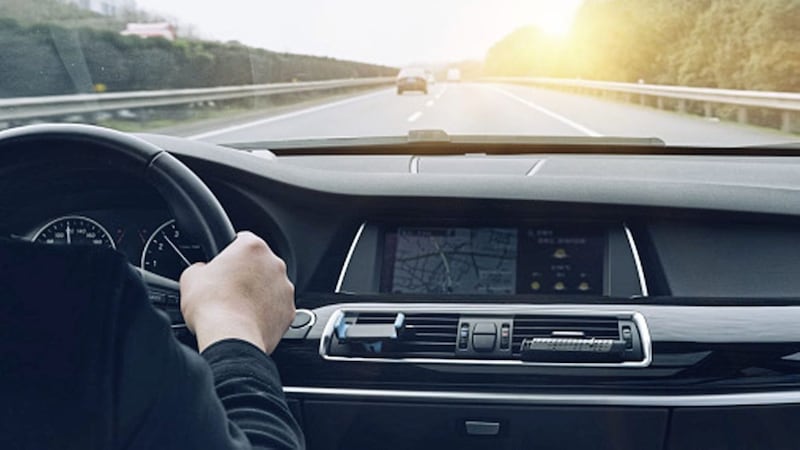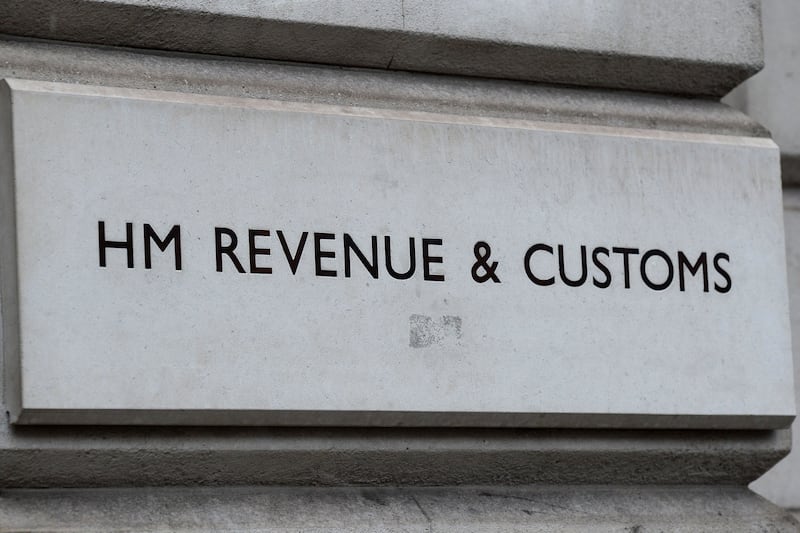QUESTION : I work for a engineering company and travel to work each day by car to the head office which is 20 miles from my family home. My job also occasionally involves travelling to clients or to one of our other provincial offices. As I don’t have a company car what fuel costs can I claim tax relief on?
ANSWER: As an employee you are entitled to tax-free reimbursement for costs of travelling that you are obliged to incur in order to do your job; if your employer does not reimburse these expenses, you may be able to claim a deduction from your income and so obtain a tax refund.
Ordinary commuting is defined as journeys between your home and a permanent workplace – a workplace which you attend regularly and is not deemed to be a temporary place of work. Travel expenses associated with the costs of ordinary commuting cannot be reimbursed by your employer tax free. If your employer pays you for ordinary commuting travel costs or private travel, this is like having an additional salary paid to you, and your employer must deduct tax and NIC from the amount paid to you and record the benefit on your P11d.
Normally, you should be able to claim a tax deduction on the costs of travelling from home to visit clients or to visit a temporary place of work. The exception to this rule would be if you had no regular permanent workplace and your place of work was defined as a geographical area; in that case the whole area is likely to be treated as a permanent workplace and tax relief on travel expenses may be denied.
Remember however that you may not be able to claim the costs of travelling between home and a temporary place of work, such as a client premises, if the journey is deemed to be similar to your ordinary commute to work. The tax rules deny tax relief in circumstances where, for practical purposes, a journey is very similar to the employee’s ordinary commuting journey.
For example, if you visit a client premises which is located 500 yards from your permanent workplace and you travel to the client premises directly from home you are deemed to be going to a temporary workplace.
However, as your journey is substantially the same as your ordinary commuting journey you will not be entitled to tax relief. Likewise, an employee cannot turn what is really an ordinary commuting journey into a business journey simply by arranging a business appointment somewhere on the way just to get tax relief. To get tax relief, the employee must be able to show that the attendance at the particular place on that occasion was necessary – in a real sense- for the performance of the duties of that employment and was not just a matter of personal convenience.
As you are using your own private car for business purposes, your employer may offer to pay you an allowance for using your own vehicle for all approved business travel that is not deemed by HMRC to be ordinary commuting costs. Usually this payment is based on a fixed amount per mile, not your actual costs. You can receive up to a maximum amount per mile without having to pay any tax and NIC. The maximum amount per mile is known as the approved mileage allowance payment (‘AMAP’). The approved mileage rates are currently:
First 10,000 business Each business mile over 10,000
miles in the year in the tax year
Cars and vans 45p 25p
Motorbikes 24p 24p
Bicycles 20p 20p
Travel expenses and the associated tax relief is a complex area so specific advice should be sought as each employee’s circumstances will differ.
:: Janette Burns (j.burns@pkffpm.com) is associate director at PKF-FPM Accountants (www.pkffpm.com). The advice in this column is specific to the facts surrounding the question posed. Neither the Irish News nor the contributors accept any liability for any direct or indirect loss arising from any reliance placed on replies.








